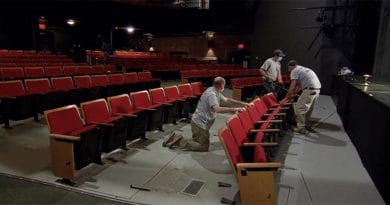Systemic Racism exists within theatre. It’s time to talk about it!
In the past month, we have seen national protests about human rights and deep-rooted racism. We have seen countless black lives die at the hands of people that should be protecting them, rather than killing them. The world is watching the police abuse their power by furthering their hateful agenda to silence people of colour. The time to stand still and be silent has passed.
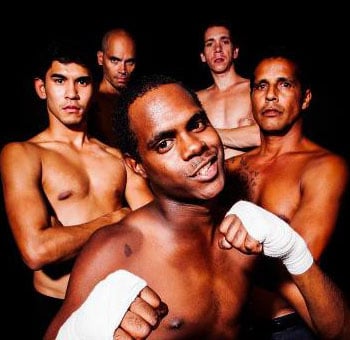
We are currently suffering through two viruses worldwide, COVID-19 and racism. Although the pandemic has allowed most of us to stay at home with our pyjamas on the bottom-half and our work clothes on the top, it has given us the time and headspace to focus on other things that matter.
Recently, some playwrights of colour have started a written protest called, “We See You, White American Theatre”. The letter calls out the brutal murders of black lives and the strategic apologies made by institutions. What are these “apologies” might you ask? Well, it is the kind of work that businesses do when they are using human rights as a trend, rather than a necessity of change. Black playwrights and others employed in the theatre industry need more than just empty words that have no substance. The change lies in the actions taken by the theatre industry, not just words.
In the letter, published in late June, it highlights the racial negativity within the theatre industry. It speaks specifically about how people of colour are neglected in board meetings, fundraising campaigns, and unions. The outcome of negligence has cost many BIPOC (black, indigenous, and people of colour) significant opportunities. Many BIPOC have been given a ‘token’ role in theatrical productions, in order to have the one person who represents the ‘diversity’. So, in reality, BIPOC are used as an advertisement to boost the industry value. They are used as a ploy, rather than respected for the genuine diversity they bring to the arts.
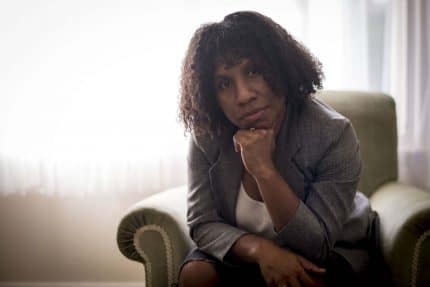
Photo by Eddie Jim
As reported by Hannah Ryan for the Sydney Morning Herald, The National Institute of Dramatic Art (NIDA) has been accused of unsupportive representation of BIPOC. A group named, “NIDA Alumni for Black Lives Matter,” sent a letter to NIDA Chief Executive Liz Hughes on June 16, 2020. The letter claimed that NIDA has been the face of “systemic and nationalised racism”. Systemic racism, otherwise known as, institutional racism, defines how white ideologies are placed at a superior level, causing white privilege over people of colour.
It is not about calling out certain individuals within the theatre industry, it’s about addressing the deep-rooted issues that the theatre industry has, as a whole. If the industry really cared about diversity and inclusion, we would not be having these discussions during a black lives matter movement. It should not have taken weeks of protests for BIPOC voices to be heard. The change should have happened when our institutions first received feedback from its students on these issues.
Hughes apologised, “wholeheartedly and sincerely” to current and former students who had distressing experiences at the prestigious theatre school in Sydney and promised to “drive substantive change”.
Australian creative arts should showcase not only black stories but the rich Aboriginal history. We have so much to learn from, and about, this history.
So what can you do to help?

According to the Australian Human Rights Commission, 1 in 5 Australians said they have experiences with racially motivated verbal abuse and 1 in 20 Australians said they have been physically assaulted because of their race.
The Royal Central School of Speech and Drama in London showcased their negligence towards systemic racism early June 2020, according to BBC. A former student recently explained that she was insulted by another student. The student in question advised the black student to “play a slave in her career” because the black student “inherited the trauma”. When the black student brought the comment to an administrator’s attention, the complaint was ignored. Many other students also said that teachers repeatedly called on black students by the wrong name and were assumed to play degrading roles of black people.
Dean Dreiberg, an Australian theatre director and freelance creative producer recently posted a great resource on how to be more racially inclusive in the theatre space as both an actor and creative.
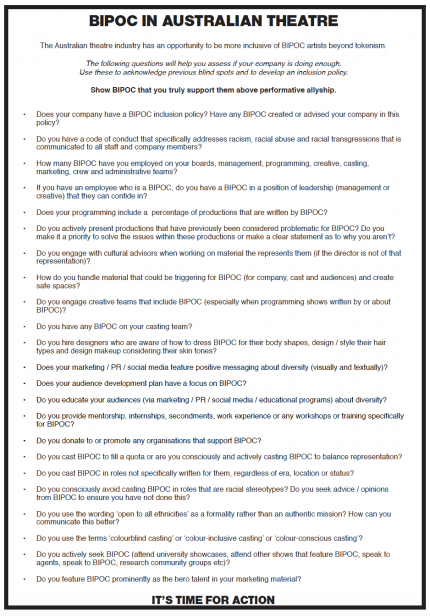
Why is this happening?
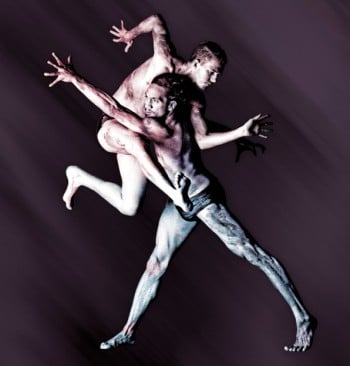
Photo by Greg Barrett
It is all about positions of power; with police, healthcare providers, and now theatre. Stereotypes of hate rule the minds of the oppressors. They may have learned behaviour from things that they have seen, heard or been taught; but they can be untaught. It is not too late to promote change and it will not happen until education on BIPOC history is taught. Theatre mentors and teachers should educate themselves through seminars devoted to racial inclusion.
Newsflash! It is 2020. Black students should not be told to play the role of a slave just because they are black. A black student should not be ignored by higher education. We are supposed to rely on our educators to promote diversity and inclusion, not to promote systemic racism. We are damaging the confidence of our BIPOC artists just by excluding their talents. It makes them think they are not good enough. It makes them feel unwelcome in a world that they created.
We have seen how much power art has on our audiences. Art captures people, brings voices to the unheard, and brings a face to the unseen. It is important to showcase BIPOC art and expression in order to dismantle the systemic racism that exists. This is a time for white artists within the theatre industry to lean away from the spotlight they have held for decades. This is the moment that black people and people of colour need; their well-deserved, centre-stage moment. And let’s face it, this moment is long overdue.
AussieTheatre is seeking a diverse range of voices and perspectives to feature on our site. If you are a performer, creative, or writer and are interested in contributing to AussieTheatre.com, please visit our Get Involved page.


